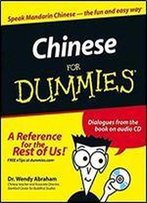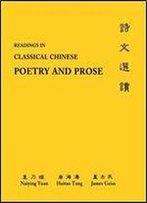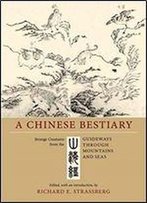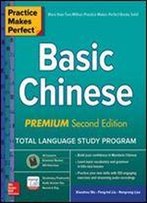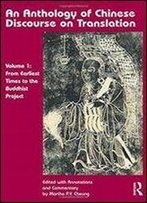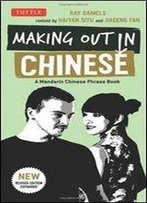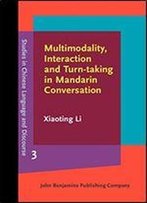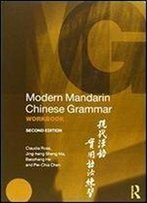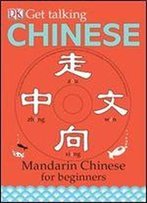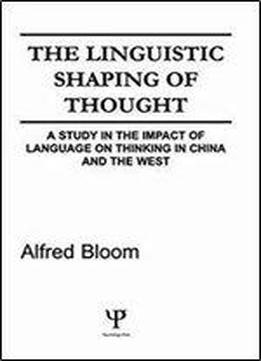
The Linguistic Shaping Of Thought: A Study In The Impact Of Language On Thinking In China And The West
by Alfred H. Bloom /
1981 / English / PDF
6.6 MB Download
Does the fact that the Chinese lexicon carves up the semantic domain of the English word "reason" into a highly differentiated set of lexical concepts imply that the Chinese reason about reason and reasons in a more differentiated fashion than English speakers do? Does the fact that the Chinese lexicon includes words roughly equivalent to the English terms "suggestion," "mental perspective," and "meaning" but has no term directly equivalent to the English word "idea" imply that English speakers have an idea that Chinese speakers do not share? Does the fact that the Chinese language, unlike English, commonly uses distinct terms to distinguish "if-then" relationships from "if-and-only-if-then" relationships imply that Chinese students are, on that score at least, better fitted for first-year logic than their American counterparts? Does the fact that the English language, unlike Chinese, provides a distinct means for shifting from talk of people or acts being "sincere," to talk of "sincerity" as an abstracted property imply that English speakers are inclined to think about being sincere in a more detached way?
